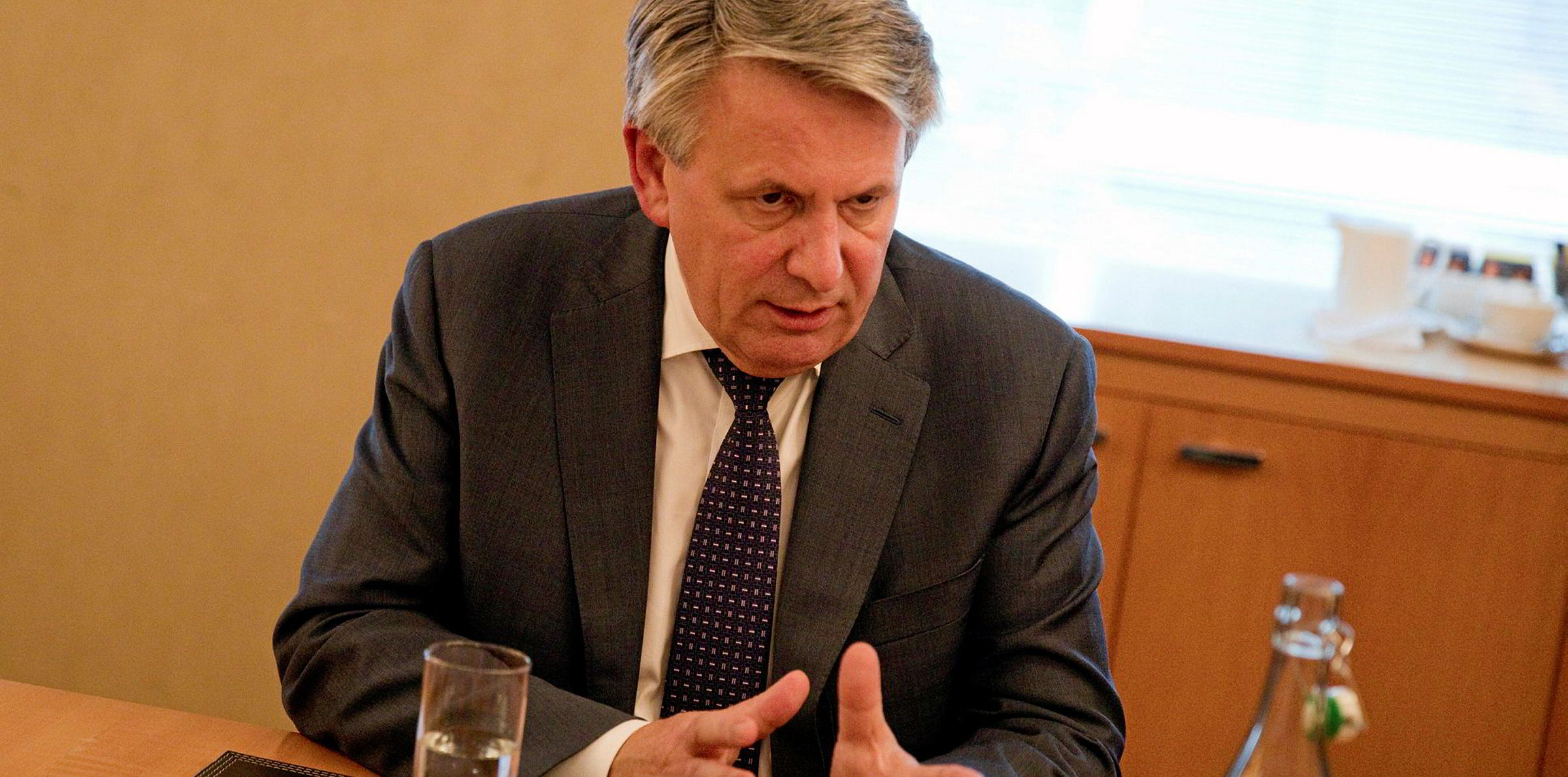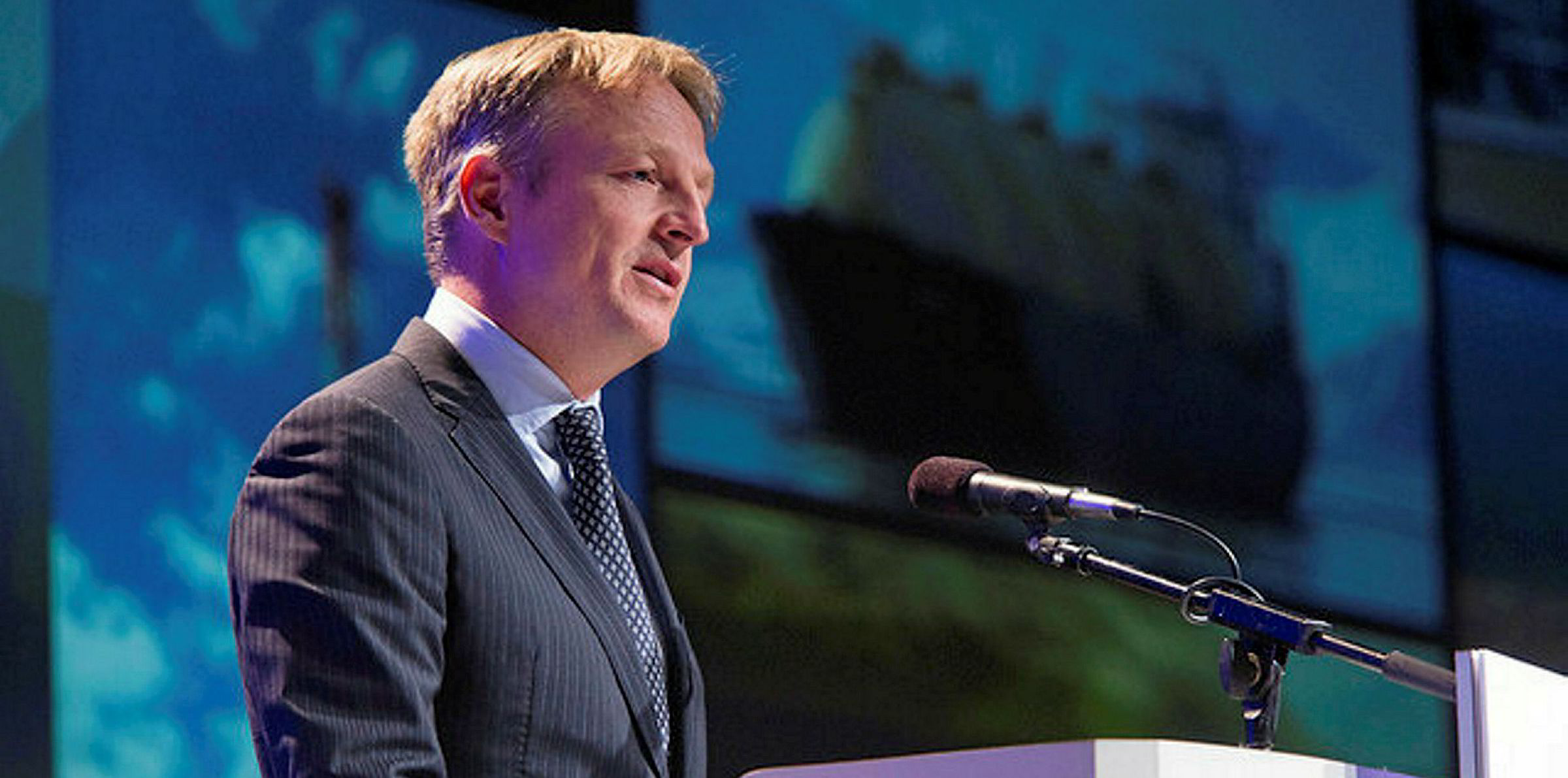Oil giant Shell will use Germany as a test case for far-reaching plans to become the leading global supplier of green hydrogen for industry and transport, expand its operations in the offshore wind business, and equip its gas stations with fast chargers for electric vehicles (EVs).
The transitioning oil supermajor sees the market in Europe’s largest economy as a test case in its ambition to eventually become a net zero emissions energy company by mid-century, for which it also announced plans for annual cost savings of up to $2.5bn and up to 9,000 job cuts.
Get the market insight you need into the global oil & gas industry's energy transition – from the new newsletter from Upstream and Recharge. Sign up here
“As key market of the Shell Group, the restructuring of the business in Germany is decisive for Shell’s ambition to become a net zero-emission energy company by 2050 or earlier, in harmony with our customers and society,” Shell downstream director Huibert Vigeveno said.
The energy transition overhaul of Shell’s Germany business aims at pushing down its CO2 emissions and those originating from the use of its products by a third – or 30 million tons per year – which Shell claims is about a tenth of the reduction target of the German government.
“We support Germany to become a country with net zero emissions. The transformation of Shell in Germany has begun and will accelerate,” said Fabian Zeigler, managing director of Deutsche Shell Holding.
Green hydrogen and offshore wind
To become the leader in green hydrogen in the country, Shell targets boosting the capacity at its Rhineland refinery near Cologne to produce green hydrogen via electrolysis tenfold to 100MW – equal to an annual green hydrogen production capacity of 13,000 tons. It also plans to examine further hydrogen projects.
In an interview with the Handelsblatt business newspaper, Zeigler detailed that Shell wants to build at least three 100MW green hydrogen units in Germany within the next years, and eyes Hamburg and Bavaria as additional locations.
The oil major in the country also plans to participate in the production of offshore wind in the German Baltic and North Seas, possibly combined with the production of hydrogen.
A Shell spokeswoman couldn’t immediately confirm to Recharge whether the company for that plans to participate in tenders for wind at sea next year, or considers buying into already existing German offshore wind projects.
Shell is already active in offshore wind in the Netherlands, where it owns shares in the operating 108MW Egmond aan Zee and the nearly completed 732MW Borssele 3&4 arrays. It also recently won the tender for the 759MW subsidy-free Hollandse Kust North (HKN) project in a joint bid with Dutch utility Eneco. Production from HKN is slated to power some 200MW of electrolyser capacity, initially to decarbonise Shell’s Pernis refinery in the Netherlands.
EV-charging stations
The oil major further said it plans to install about 1,000 fast charging stations for EVs at its gas stations in Germany. The company operates more than 25,000 forecourts in Europe, 1,800 of which in Germany.
Shell plans to push down the CO2 footprint of its energy products by an average of 30% worldwide by 2035, and by an average of 65% by 2050.
“Shell in Germany wants to lead the way on the subject of net zero emissions for all of Shell,” Zeigler said. “That also means that we want to invest. In order to combine our many years of know-how with new approaches, we also look at start-ups.”



